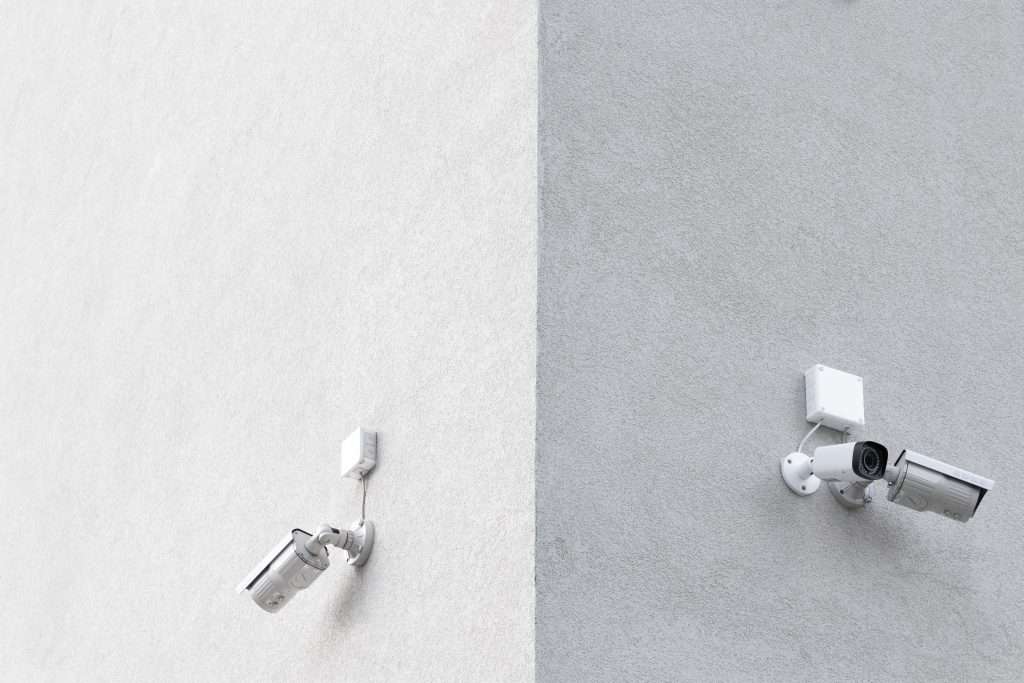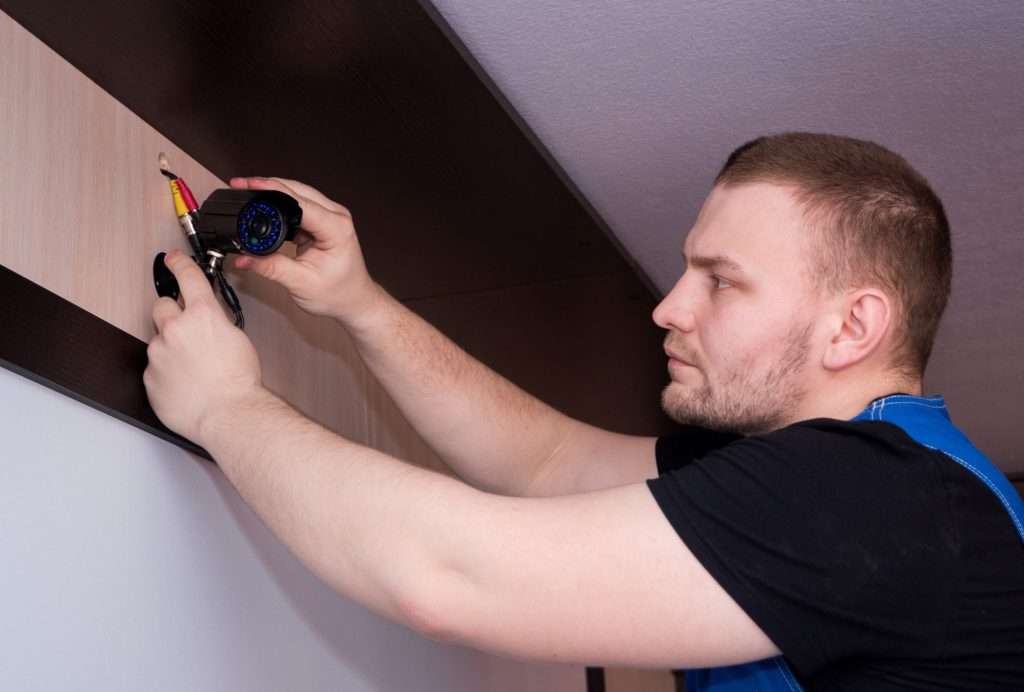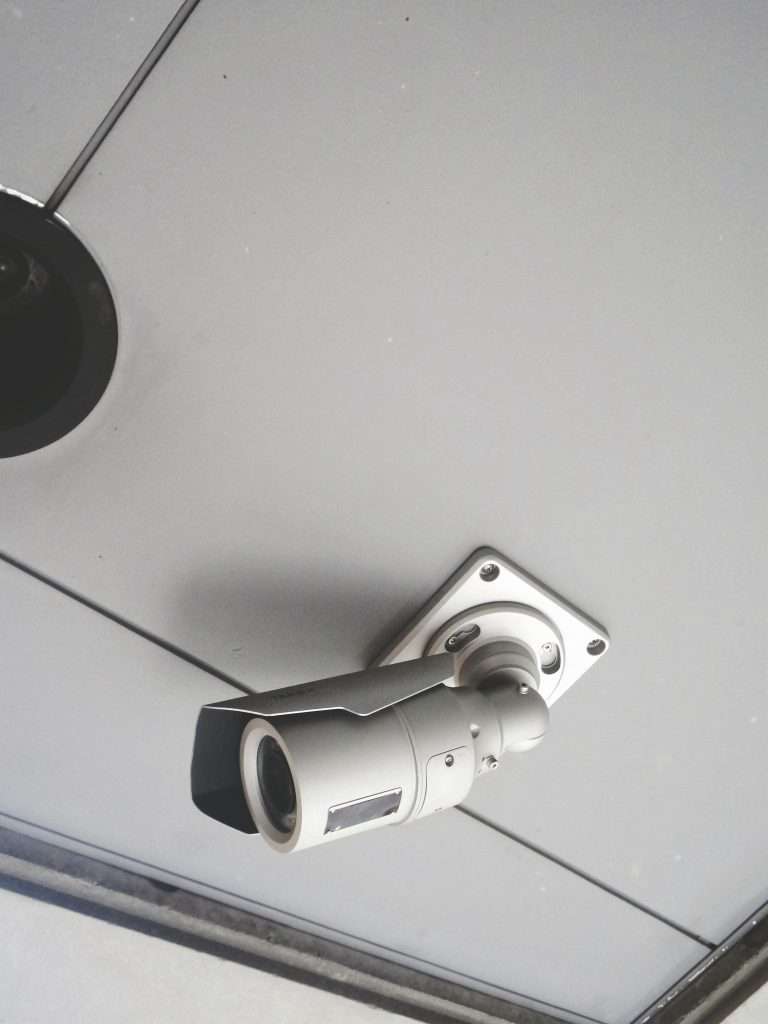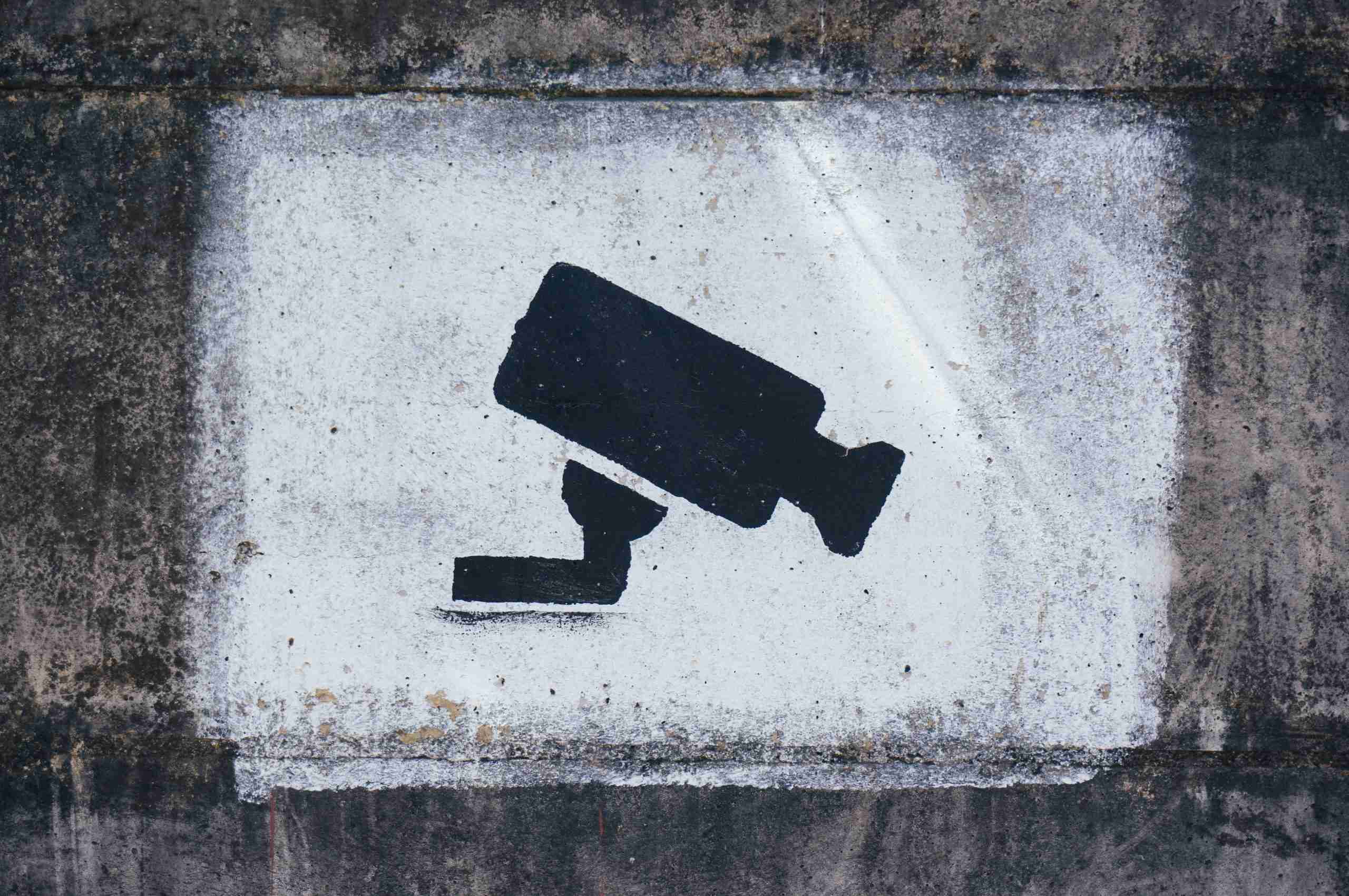Introduction of Security Camera System:
In today’s rapidly evolving world, security cameras have become indispensable tools for protecting our homes, businesses, and public spaces. The increasing demand for surveillance systems necessitates a deep understanding of what makes a good security camera system. A high-quality security camera system is characterized by several key features that enhance its effectiveness and reliability. This article aims to explore these essential elements, guiding individuals and businesses in their quest for optimal performance and peace of mind.
Image Quality and Resolution:
When it comes to security cameras, image quality is of paramount importance. The ability to capture clear and detailed footage is crucial for identifying potential threats accurately. Investing in high-resolution cameras, such as those with 4K or higher resolutions, ensures that every minute detail is captured with exceptional clarity. These cameras deliver stunning visuals, allowing for better identification and analysis of incidents.
Moreover, advanced low-light performance is essential for security cameras, as many incidents occur during nighttime or in areas with challenging lighting conditions. Cameras equipped with superior low-light capabilities employ advanced sensor technology and image processing algorithms to produce clear images even in dimly lit environments. By ensuring high image quality and superior low-light performance, a good security camera system empowers users with valuable evidence and actionable insights.
Field of View and Coverage:

The field of view (FOV) of a security camera determines the area it can cover and the level of detail it can capture. It is crucial to choose cameras with appropriate lenses and angles to meet specific requirements. Fixed lenses provide a consistent FOV, suitable for monitoring specific areas, while varifocal lenses allow users to adjust the FOV as needed. Fisheye lenses provide a panoramic view, covering a wide area with a single camera.
Additionally, Pan-Tilt-Zoom (PTZ) cameras offer unmatched flexibility by enabling remote control of the camera’s movements and zoom levels. This allows users to focus on specific points of interest and track suspicious activities in real-time. By carefully selecting cameras with the right FOV and coverage options, users can ensure comprehensive monitoring and an optimized surveillance system.
Video Storage and Data Management:
Efficient storage and management of video footage are vital aspects of any security camera system. A good system provides reliable and accessible storage solutions to ensure seamless retrieval of recorded footage when needed. Local storage options, such as Network Video Recorders (NVRs) or Digital Video Recorders (DVRs), offer immediate access to recorded video within the premises. They provide greater control over data and ensure reliability even in the absence of an internet connection. On the other hand, cloud-based storage solutions offer convenience and scalability by storing footage remotely.
Cloud storage allows for easy access to video data from anywhere at any time, and it eliminates the risk of physical damage or theft of local storage devices. Additionally, Video Management Software (VMS) plays a crucial role in organizing, searching, and analyzing recorded video data. A robust VMS provides a user-friendly interface, advanced search capabilities, and intelligent analytics to extract meaningful insights from the footage. By incorporating reliable storage solutions and effective data management tools, a good security camera system ensures efficient retrieval and utilization of recorded video data.
Advanced Features and Functionality:

To enhance security measures, modern security camera systems offer advanced features and functionalities. Motion detection technology is a fundamental feature that enables cameras to detect movement and trigger alerts when suspicious activity is detected. Real-time alerts can be sent to designated devices, allowing for immediate response and intervention. Facial recognition technology takes security to a new level by identifying individuals based on their facial features. This feature is particularly valuable in high-security areas where authorized personnel need to be recognized and potential threats can be identified.
Two-way audio functionality allows for interactive communication between camera operators and individuals within the monitored area. This feature enables real-time warnings, deterrence, and the ability to provide instructions or assistance when needed. Integration with other security systems, such as access control systems or alarms, ensures a comprehensive and cohesive security infrastructure. By integrating cameras with other devices, security personnel can have a unified view of the entire system and respond effectively to any potential threats.
Durability and Weather Resistance:
In order to withstand various environmental conditions and potential tampering attempts, a good security camera system must be durable and resilient. The IP (Ingress Protection) rating serves as a standard for measuring a camera’s resistance to dust and water. A higher IP rating indicates better protection against external elements. Cameras with higher IP ratings are suitable for outdoor installations where they are exposed to harsh weather conditions.
Furthermore, a vandal-proof design is crucial in areas prone to vandalism or physical attacks. These cameras are built with robust materials and reinforced housing to deter and withstand tampering attempts. By investing in durable and weather-resistant cameras, users can ensure the longevity and reliability of their security camera system, reducing the need for frequent maintenance or replacements.
Cost Considerations of Security Camera System:

When evaluating security camera systems, the cost is an important factor to consider. While upfront costs may vary depending on the system’s complexity and the number of cameras required, it is crucial to assess the long-term value provided by the system. Consideration should be given to the total cost of ownership (TCO), which includes maintenance, upgrades, and operational costs over the system’s lifespan. Investing in a reliable and high-quality security camera system may involve a higher initial investment but can significantly reduce long-term costs.
A well-designed system with advanced features and robust construction reduces the likelihood of breakdowns, minimizes maintenance requirements, and ensures the system’s longevity. Moreover, an effective security camera system can contribute to cost savings by deterring theft, reducing insurance premiums, and enhancing overall safety and productivity. Therefore, the long-term return on investment (ROI) justifies the initial cost and ensures a secure environment.
Conclusion of Security Camera System:
In conclusion, a good security camera system incorporates several essential elements to provide optimal performance and peace of mind. By prioritizing image quality and resolution, users can ensure the capture of clear and detailed footage. Choosing cameras with the appropriate field of view and coverage ensures comprehensive monitoring and flexibility. Efficient video storage and data management, whether through local or cloud-based solutions, enables seamless access to recorded footage.
Advanced features like motion detection, facial recognition, and two-way audio enhance security measures and enable timely intervention. Durability and weather resistance ensure that the system remains operational in challenging environments. Finally, considering both upfront costs and long-term value helps users select a security camera system that best meets their needs and budget. By understanding and incorporating these elements, individuals and businesses can establish a reliable and effective security infrastructure, providing a safer and more secure environment for all.
FAQ (Frequently Asked Questions)
Q1: What factors should I consider when choosing a security camera system?
A1: When selecting a security camera system, consider factors such as image quality and resolution, field of view and coverage, video storage and data management options, advanced features and functionalities, durability and weather resistance, and cost considerations.
Q2: What is the difference between analog and IP cameras?
A2: Analog cameras transmit video signals in analog format, requiring a physical connection to a recording device. IP cameras, on the other hand, capture and transmit digital video data over an IP network, allowing for remote access and greater flexibility in system design and scalability.
Q3: How much storage space do I need for my security camera system?
A3: The storage capacity required depends on factors such as the number of cameras, the resolution and frame rate of the footage, and the desired retention period. It is recommended to consult with a security professional to accurately determine the storage requirements for your specific needs.
Q4: Are security camera systems compatible with mobile devices?
A4: Yes, many security camera systems offer mobile apps or web interfaces that allow you to remotely access and monitor your cameras using smartphones, tablets, or computers. This feature provides convenience and peace of mind, enabling you to view live feeds or recorded footage from anywhere.
Q5: Are security cameras a breach of privacy?
A5: Security cameras are intended for enhancing safety and security. However, it is essential to comply with local laws and regulations regarding privacy and inform individuals if they are being monitored in areas where privacy may be expected. It is advised to consult legal professionals to ensure compliance with relevant privacy laws.
More FAQ questions:
Q6: Can security camera systems be integrated with other security devices?
A6: Yes, many modern security camera systems are designed to integrate seamlessly with other security devices such as access control systems, alarms, and video management software. Integration allows for a centralized and cohesive security infrastructure, enabling efficient monitoring and response to potential threats.
Q7: How often should I maintain my security camera system?
A7: Regular maintenance is crucial to ensure the optimal performance of your security camera system. It is recommended to follow the manufacturer’s guidelines and schedule periodic inspections, cleaning, and software updates. Additionally, promptly addressing any issues or malfunctions will help maintain the system’s reliability.
Q8: Can I install security cameras by myself, or should I hire a professional?
A8: The complexity of installation depends on the specific system and your level of expertise. While some security camera systems are designed for DIY installation, it is often beneficial to hire a professional installer, especially for larger or more intricate setups. Professionals can ensure proper placement, configuration, and optimal functionality of the system.
Q9: Can I expand my security camera system in the future?
A9: Many security camera systems are scalable and can accommodate additional cameras or features as needed. It is advisable to choose a system that offers expandability options to support future growth and evolving security requirements.
Q10: How long do security cameras retain recorded footage?
A10: The retention period of recorded footage depends on various factors, including storage capacity and preferences. Some systems offer options to customize retention periods based on specific needs, while others automatically overwrite old footage. It is essential to determine the retention period that aligns with your requirements and adhere to any legal obligations regarding data retention.
Please note that these answers provide general information and guidelines. It is recommended to consult with security professionals or system manufacturers for more specific and detailed advice based on your unique circumstances.
Read also our article “Product Review: ANNKE 3K Lite Security Camera System“.
